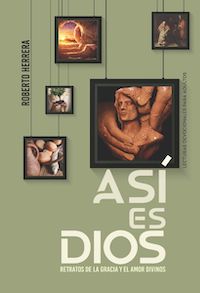Divine Guidance
|
No city seemed safe from the plague that followed the ark.
“Each city, in turn, sent the ark on to a neighboring city. Finally, it arrived at Ekron, the northernmost of the five principal cities of Philistia. The cry of that city was one of indignation at having something forced on them without their consent.” The city of Ekron thought it wise to locate the ark in an open field rather than risk placing it in their city.
A plague of mice overran their fields and storerooms.
Their crops were destroyed, and famine loomed.
For seven months, the ark remained in Philistia, and Israel made no effort to retrieve it. The Philistines finally consulted their astrologers, spirit mediums, and soothsayers, desperate for an answer to what literally plagued them.
These wise men counseled that the ark must be returned to the Israelites with an appropriate offering to appease their offended God.
“The ark, with the golden trespass offering [1 Samuel 6:4], was placed upon a new cart, thus precluding all danger of defilement; to this cart, or car, were attached two kine [cows] upon whose necks a yoke had never been placed. Their calves were shut up at home, and the cows were left free to go where they pleased. If the ark should thus be returned to the Israelites by the way of Beth-shemesh, the nearest city of the Levites, the Philistines would accept this as evidence that the God of Israel had done unto them this great evil; ‘but if not,’ they said, ‘then we shall know that it is not His hand that smote us; it was a chance that happened to us.’ “On being set free, the kine turned from their young and, lowing as they went, took the direct road to Beth-shemesh. Guided by no human hand, the patient animals kept on their way.” If only humans would faithfully submit to follow the guiding hand of the Master as did those animals.

